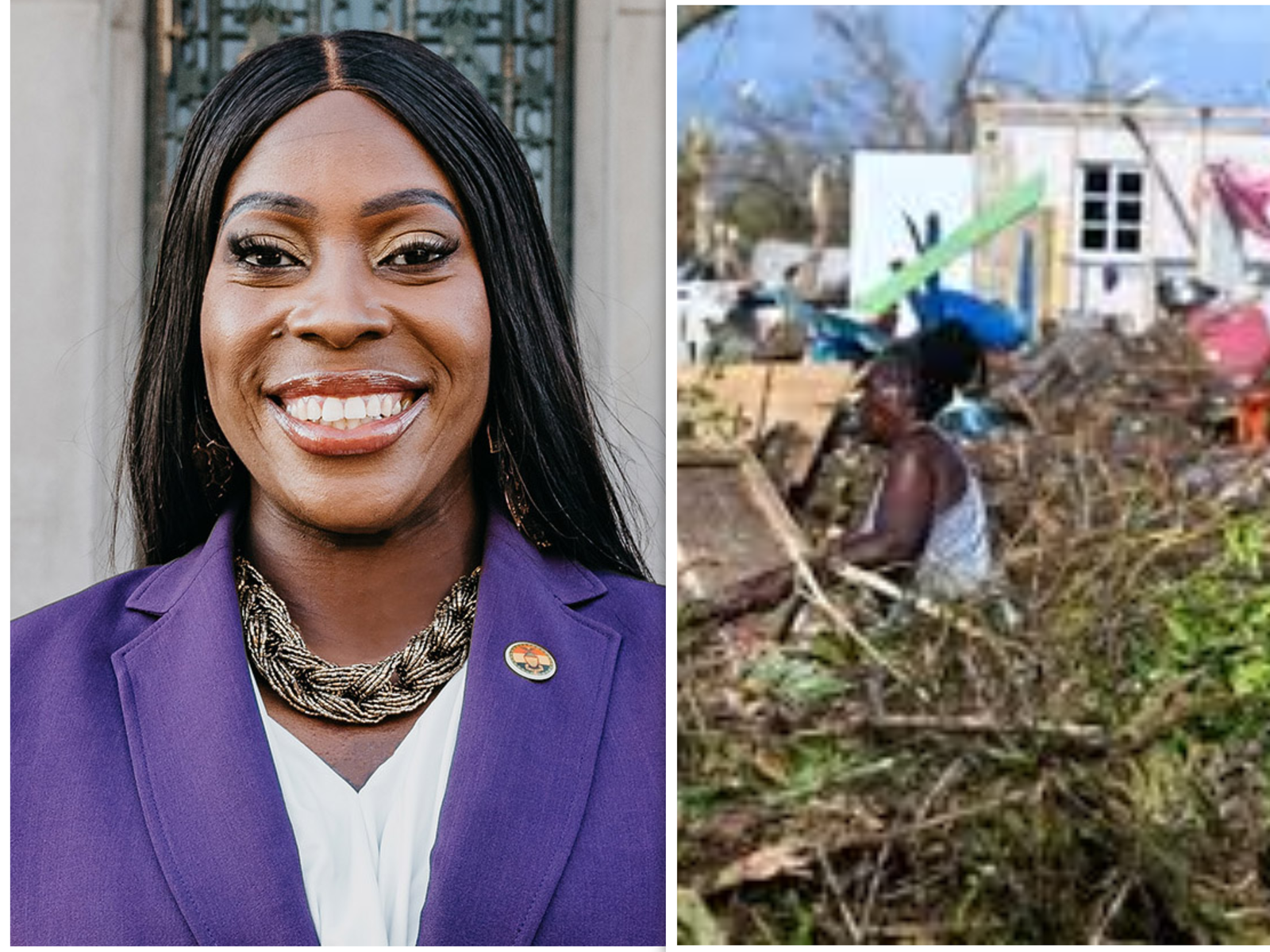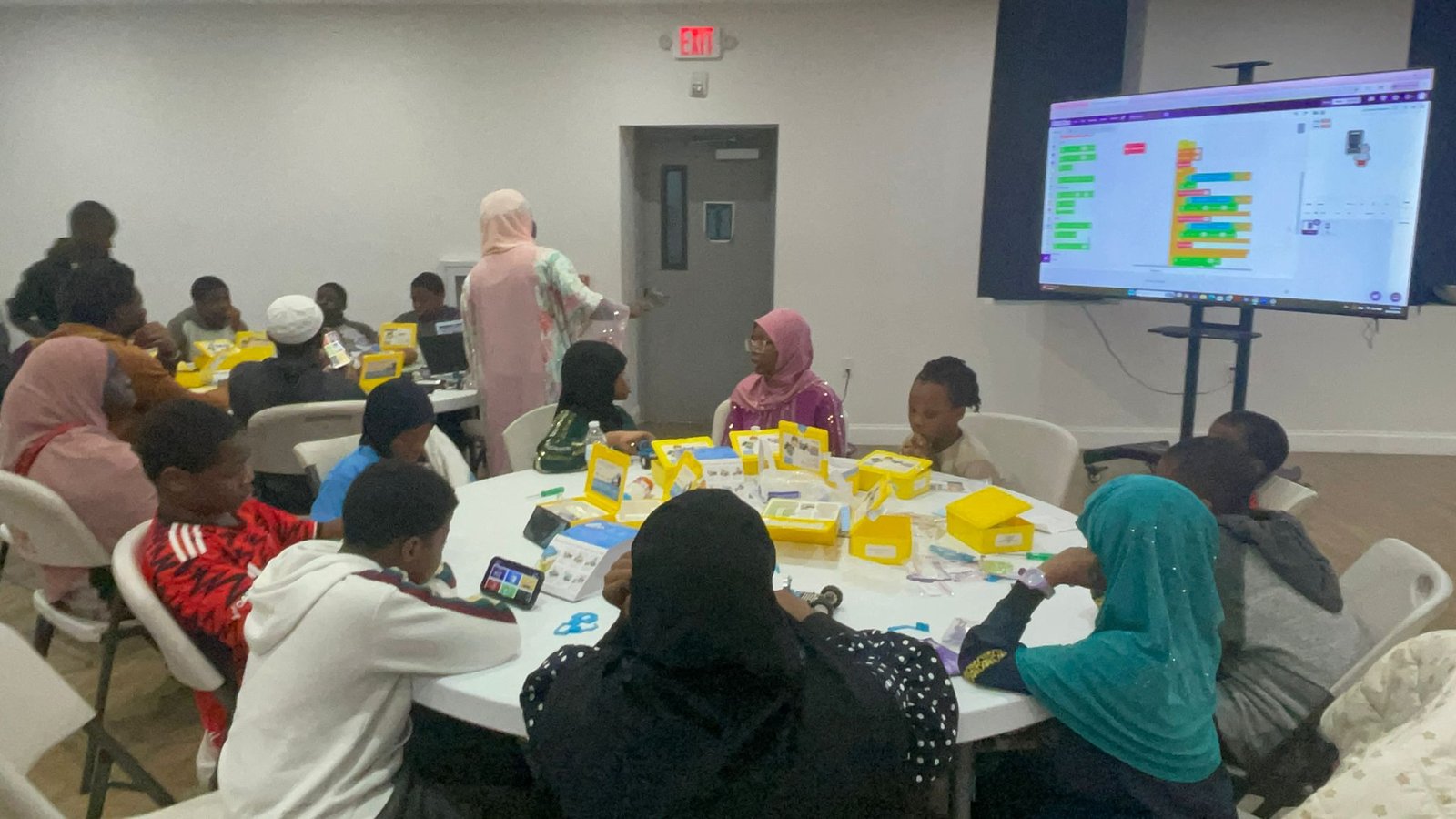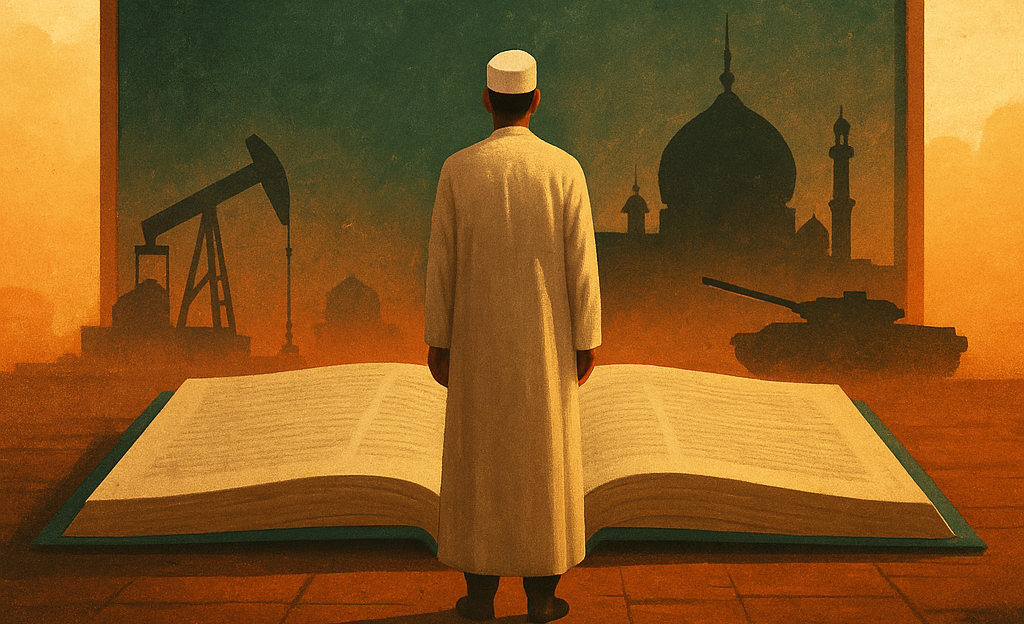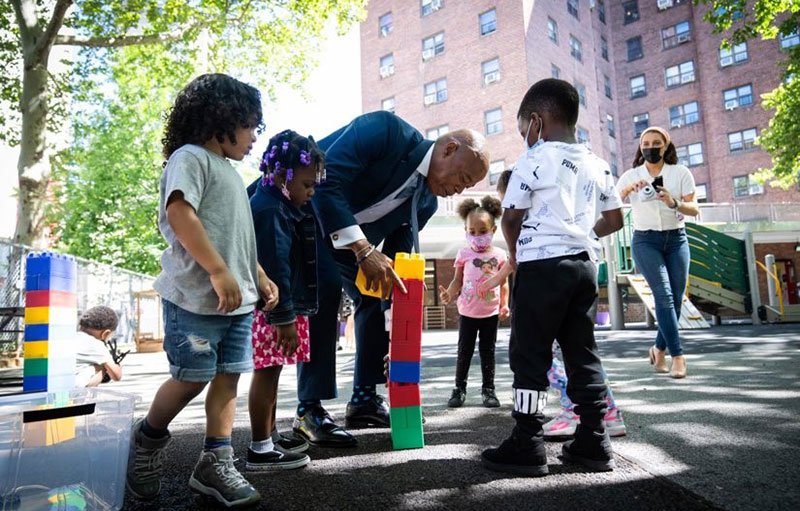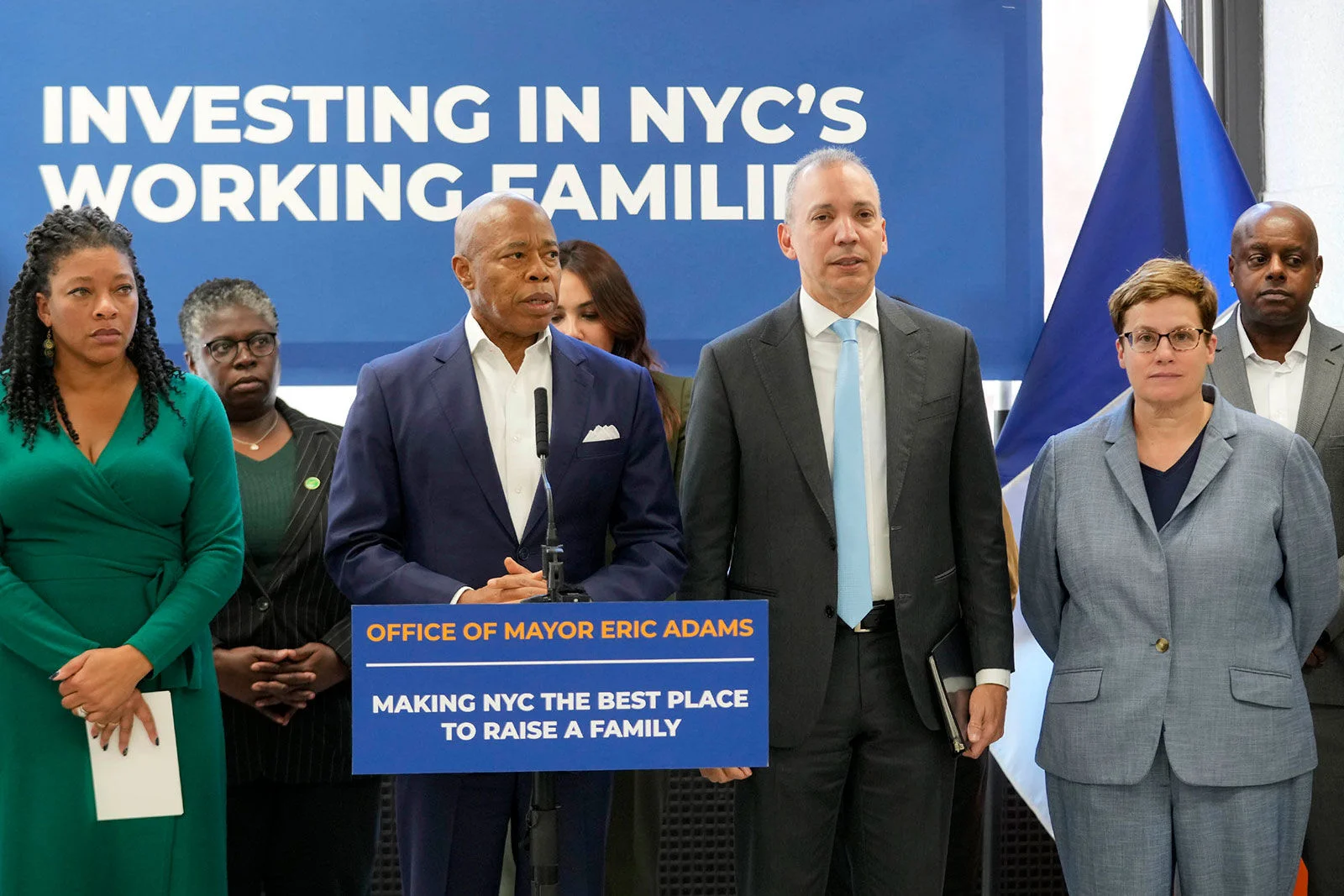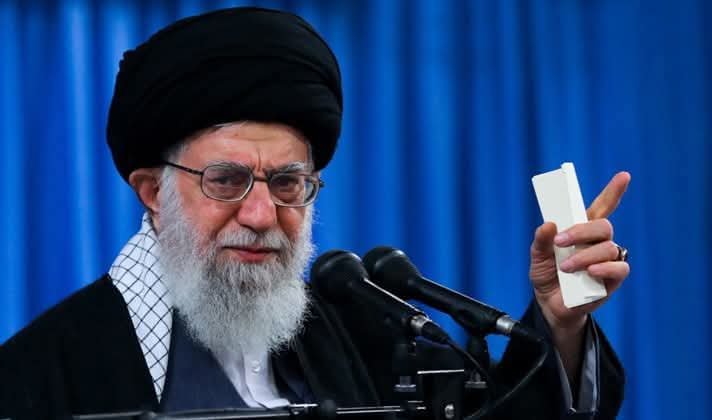
In what appears to be a sign of mounting tension and internal urgency, Iran’s Supreme Leader, Ayatollah Ali Khamenei, has reportedly selected three possible successors in the event of his assassination amid escalating regional conflict.
Notably absent from the list is his powerful and controversial son, Mojtaba Khamenei, a figure long speculated to be groomed for the Islamic Republic’s top leadership role.
According to a report, citing confidential Iranian sources, Khamenei made the unprecedented move while operating from a secure underground bunker, a precaution reportedly triggered by fears of an Israeli strike in the wake of the ongoing military confrontations.
“Khamenei has nominated three clerics as potential successors while hiding in a bunker… Mojtaba is not among them,” one source was quoted as saying.
The development marks a rare admission of vulnerability from the inner circles of Tehran’s power structure and could indicate deeper fissures within the regime. The identities of the three nominated clerics have not been publicly disclosed, though speculation has already begun swirling around prominent members of the Assembly of Experts — the constitutional body empowered to appoint the Supreme Leader.
Mojtaba Khamenei, a hardline cleric known for his influence over elite security units like the IRGC and Basij, has often been seen as a shadowy figure wielding significant behind-the-scenes power. His exclusion is expected to raise eyebrows among loyalists and reformists alike, possibly reshaping the internal dynamics of succession politics in the country.
Analysts suggest that the decision could be a strategic move to deflect accusations of hereditary leadership — something Iran’s theocratic system has consistently rejected in rhetoric, even if not always in practice.
The decision comes amid heightened regional instability, with Iran bracing for the fallout from escalating clashes involving Israel, Hezbollah, and various regional militias.
While Iranian state media has yet to comment on the report, international observers view the disclosure as a rare window into the opaque and often impenetrable world of Iranian elite politics. The move by Khamenei — now 85 and reportedly in declining health — may be part of a broader strategy to ensure regime continuity should unforeseen events strike at the heart of the nation’s leadership.


